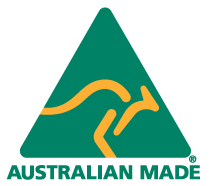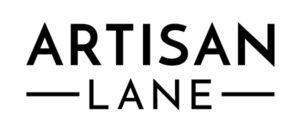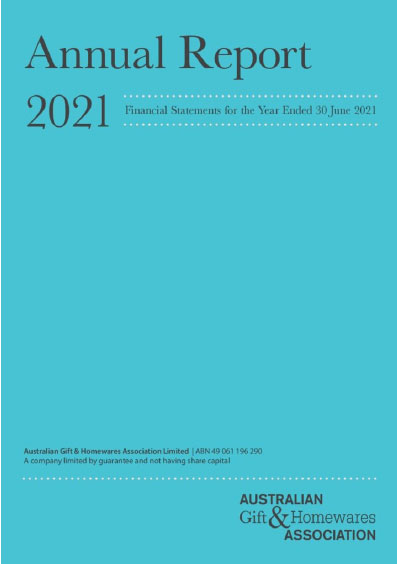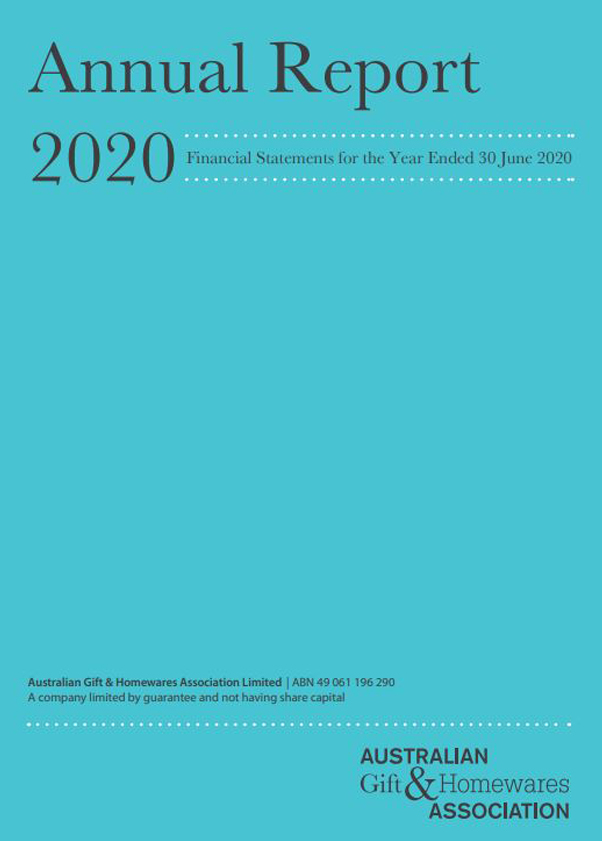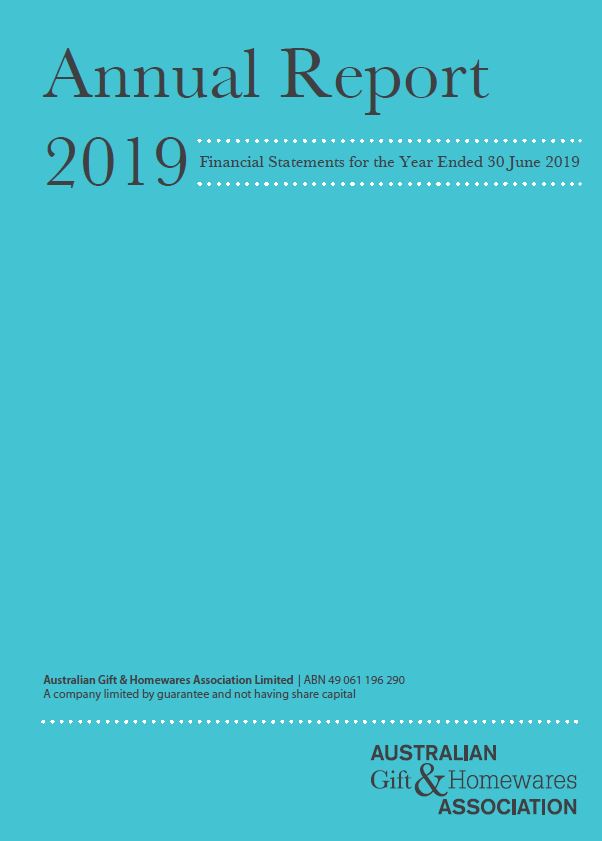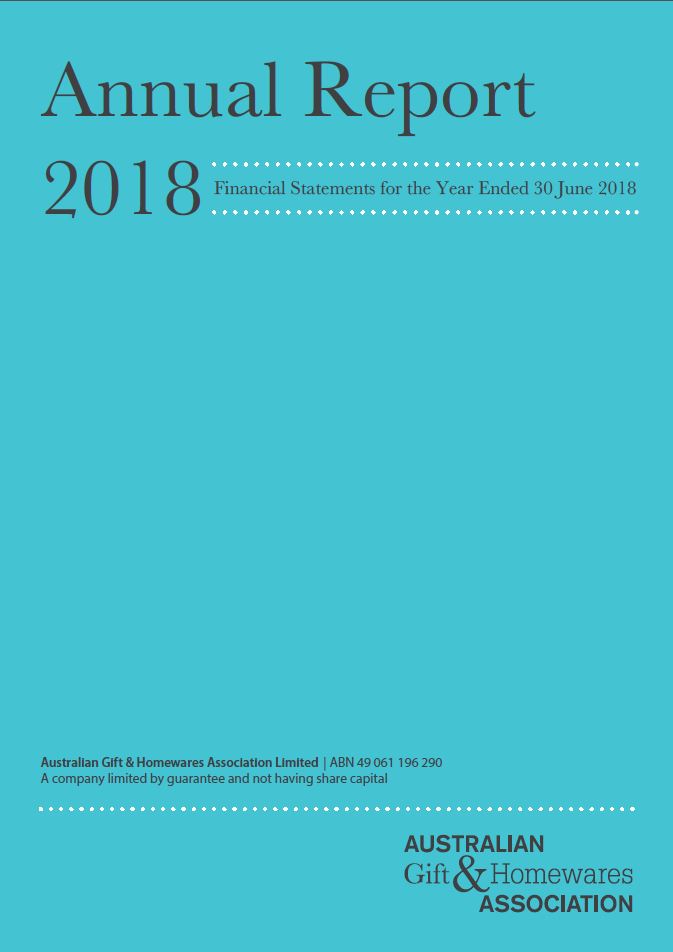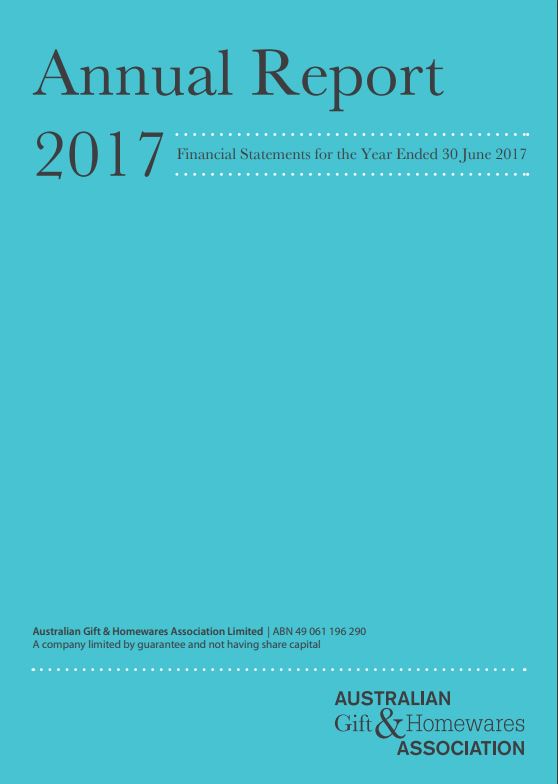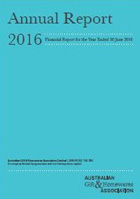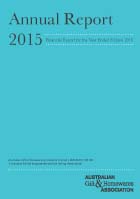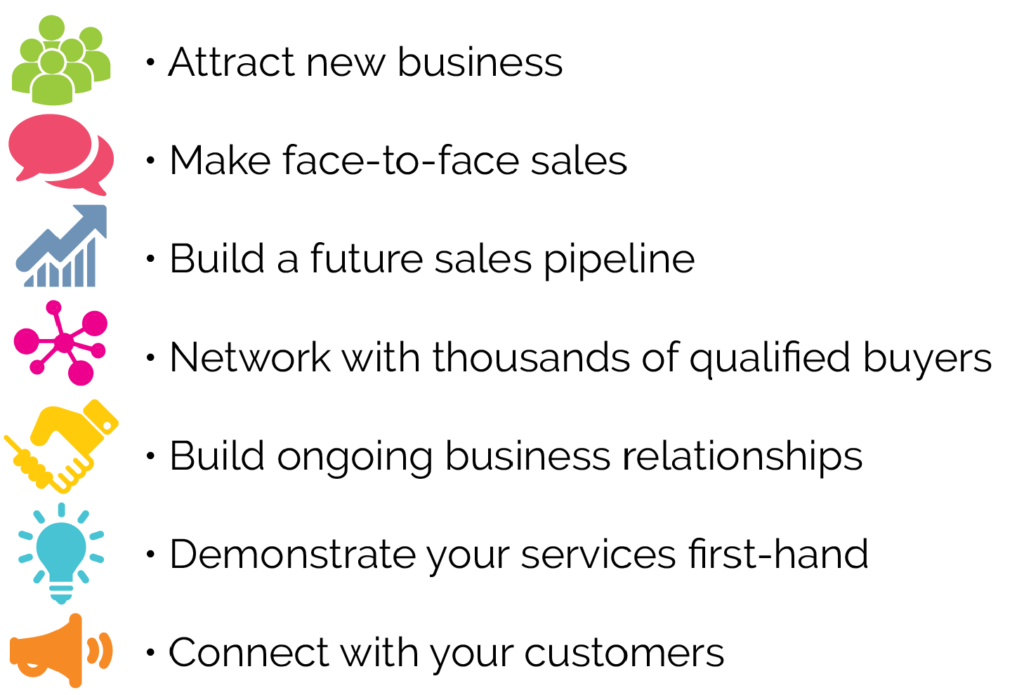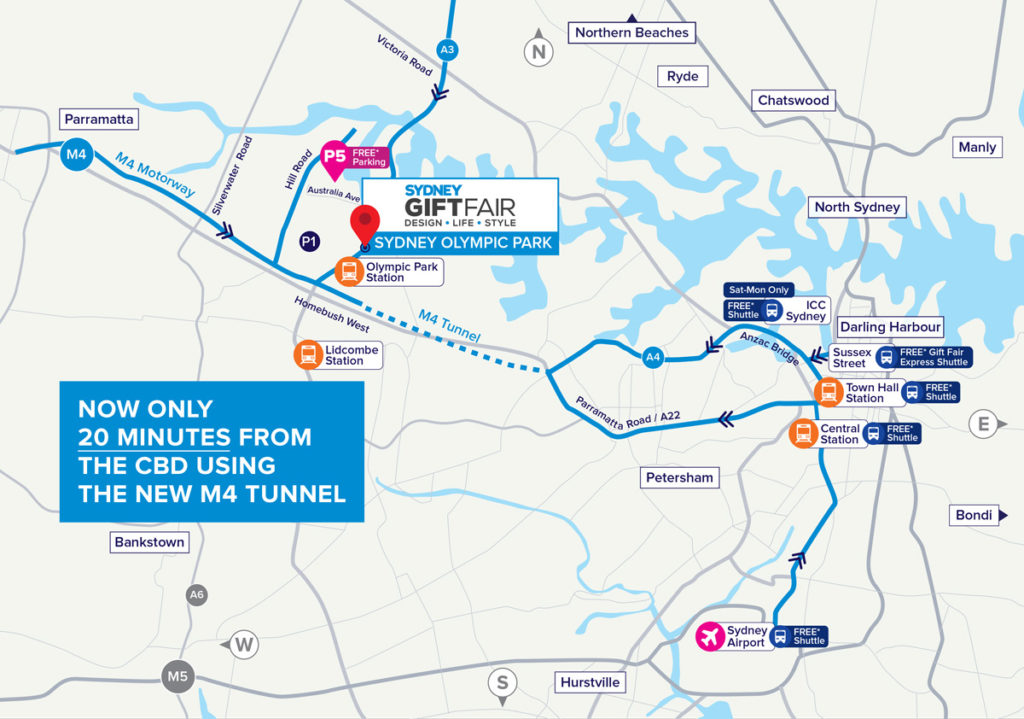The Australian Taxation Office has registered alternative tests for fall in turnover for businesses that do not meet the existing ‘basic’ test. This will allow businesses not previously eligible for JobKeeper to apply. [Read more…] about Applying the turnover test: Alternate Eligibility Explained
Uncategorized
Cash Flow Boost for Employers
The government recently passed legislation for a temporary cash flow boost, offering eligible SME’s an initial and additional cash flow boost from 28 April through the activity statement system. [Read more…] about Cash Flow Boost for Employers
How AGHA member Fluffy Crunch have adapted during COVID-19
Husband and wife team Michael and Paola Karamallis had to make the best of a bad situation when COVID-19 wiped out the vast majority of their businesses projected revenue.
[Read more…] about How AGHA member Fluffy Crunch have adapted during COVID-19
Top SEO Tips for Small Businesses
It’s easy to be overwhelmed when looking for SEO tips to improve organic performance. The below are all simple and free to implement, it’s just a case of allocating the time to put them into practice. [Read more…] about Top SEO Tips for Small Businesses
‘Buy local’ policies to help Australian resurgence
The Australian Made Campaign is calling on the business community the government to adopt ‘buy Australian first’ policies, to help fast-track the country’s resurgence as it plans its recovery from the impact of COVID-19. [Read more…] about ‘Buy local’ policies to help Australian resurgence
Surviving tough times in business
Restrictions triggered by COVID-19 has made ‘business as usual’ an impossibility for thousands of Australian enterprises. Two small business owners who’ve been tough times before share the lessons they’ve learnt.
And then there was the Global Financial Crisis
Sam Bashiry struck out on his own in 2005, after spotting an opportunity to supply fast internet services to hotels, schools and SMEs. After a promising early start, his business Broadband Solutions (BBS) took a beating in the 2007–08 Global Financial Crisis (GFC), when a string of his best customers went bust, leaving unpaid bills behind them. A cash-strapped couple of years followed, but the business has since rebounded and, today, turns over $25 million and employs a team of 30.
What helped to get you through those tough times?
Being lean, smart and agile. We weren’t a splashy company and we weren’t running BBS like it was a clubhouse. That, plus dedication and focus on our goals.
How did the experience change the way you manage your business?
I’ve stayed ‘on watch’ for the next downturn event which could have a similar impact. When things are looking good and there’s money coming in and customers are happy, it can seem as though you’re invincible and there’s no need to be prepping for anything. People who talk about upcoming dips in the market can be called pessimistic or paranoid. But there’s always something around the corner. Recessions happen. Industries take a hit. You should never count on things staying the same and staying safe. You have to have contingency plans to help you respond when the unexpected happens.
What was the best lesson the GFC taught you?
To diversify our risk, with a spread of large and small customers. In those early years, we had some massive contracts, but the problem was we were far too reliant on income from a few sources. We didn’t consider the threat of them falling over or leaving us for a competitor.
What advice do you have for other business owners who are reeling from today’s COVID-19 crisis?
When a crash like this comes, it’s time to think quick. Talk to your customers, be creative and look for the needs people have which you can meet. Companies which find ways to adapt to a changed world have the best chance of pulling through.
Don’t put all your eggs in the one basket
It could have been curtains for Stacey Isaac’s digital consultancy New Republique back in 2015, when the business lost its biggest client, was forced to close down its offshore team and parted company with its accountant. Winning back lost ground took a few hard years – and sacrifices. Today, New Republique boasts offices in Sydney and Melbourne and a stellar client list, featuring the likes of Qantas, General Pants, Chemist Warehouse and HSBC.
How did you set about managing your sudden downturn?
My business partner and I created an action plan which aimed to solve the critical issues at hand – reducing operational costs and consolidating debts – and working out what we needed to do to achieve sustainable success. We sought professional advice and agreed on a clear role for each of us. I took ownership of the business and finance side of things and my partner focused on delivering great work for our clients.
What were some of the actions you took on the financial front and how did they help?
We looked at where our core revenue was coming from and which services were expensive to run for little reward, then we cut our offering back to three core services. We also diversified our client base. One of our biggest mistakes was having one major client that accounted for 60% of our revenue. When we lost them, it was devastating.
We moved from a project revenue to a retainer model because having stable income gave us the ability to look ahead and plan. We also did an audit across the whole business to see where we could cut costs. Everything added up and it was amazing how much spending wasn’t necessary.
What advice do you have for other business owners who’ve been dealt a body blow by COVID-19?
Don’t be scared to change. Cut anything that’s not working and focus on what makes you money. And, if times have changed, you need to adapt to the world around you. It’s all about supply and demand. Look for that niche or unique selling point and play to your strengths.
This article was originally published on Business Australia here.

